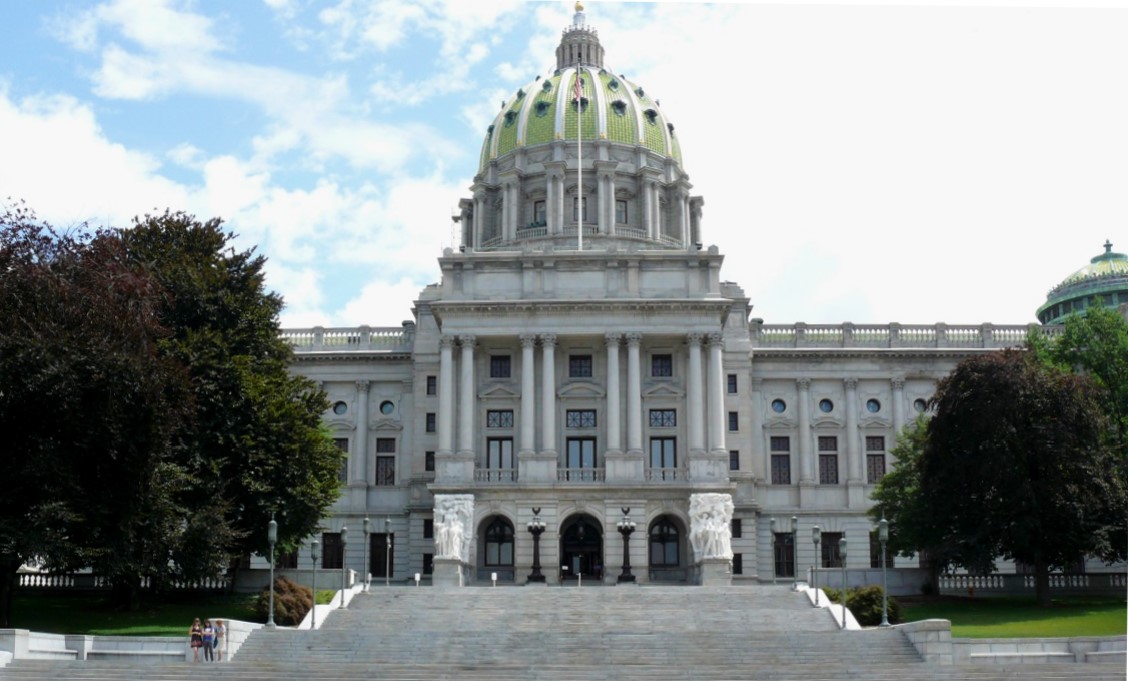The state House on Tuesday passed a bill that would require tax-exempt organizations in Pennsylvania to disclose expenditures made in political election campaigns.
House Bill 1472 is intended to combat “dark money” — the use of funding from undisclosed individuals and groups for political ads and advocacy. The proposed legislation would require disclosure for expenditures “expressly advocating the electon or defeat of a clearly identified candidate, or question appearing on the ballot.”
In their sponsorship memo for H.B. 1472, state Reps. Jared Soloman and Malcom Kenyatta, both D-Philadelphia, said, “Our bill will stop secret campaign contributions by requiring strong disclosure of any and all expenditures so they are available for public review.”
The House vote on Tuesday was 127 to 74, with 25 Republicans joining all 102 Democrats in voting “yea.”
As introduced, H.B. 1472 would have applied to “civic leagues” and entities that are tax-exempt under Section 501(c)4 of the Internal Revenue Code. On Monday, however, the House unanimously passed an amendment extending the proposed rule to any and all 501(c) organizations.
The change was proposed by state Rep. Brett Miller, R-Lancaster. As reported by the Pennsylvania Capital-Star, Miller said the goals of H.B. 1472 will be better accomplished by language covering 501(c)s in general — as opposed, he said, to “picking or choosing which organizations to apply these requirements to; or leaving potential loopholes through an entity changing its filing status with the IRS.”
Organizations can obtain nonprofit status under several provisions of the IRS code: Charities fall under Section 501c3, while Section 501c4 covers “social welfare organizations.” Under existing regulations, 501c3s can lobby but are “absolutely prohibited” from “electioneering” — campaigning for or against political parties or candidates.
Conversely, 501c4s are allowed to engage in partisan campaigning, and have become a major vehicle for doing so.
“Lobbying is different from electioneering,” said Anne Gingerich, executive director of the Pennsylvania Association of Nonprofit Organizations, or PANO.
PANO is “exploring the implications” that H.B. 1472 would have for Pennsylvania nonprofits if it becomes law, she said.
The Capital-Star’s story noted that H.B. 1472 is one of a pair of bills on campaign finance reporting. The other, House Bill 1220, would align reporting requirements for state lawmakers with those for candidates.
H.B. 1220 passed on Tuesday by a vote of 190-11. Both bills now go to the state Senate.






